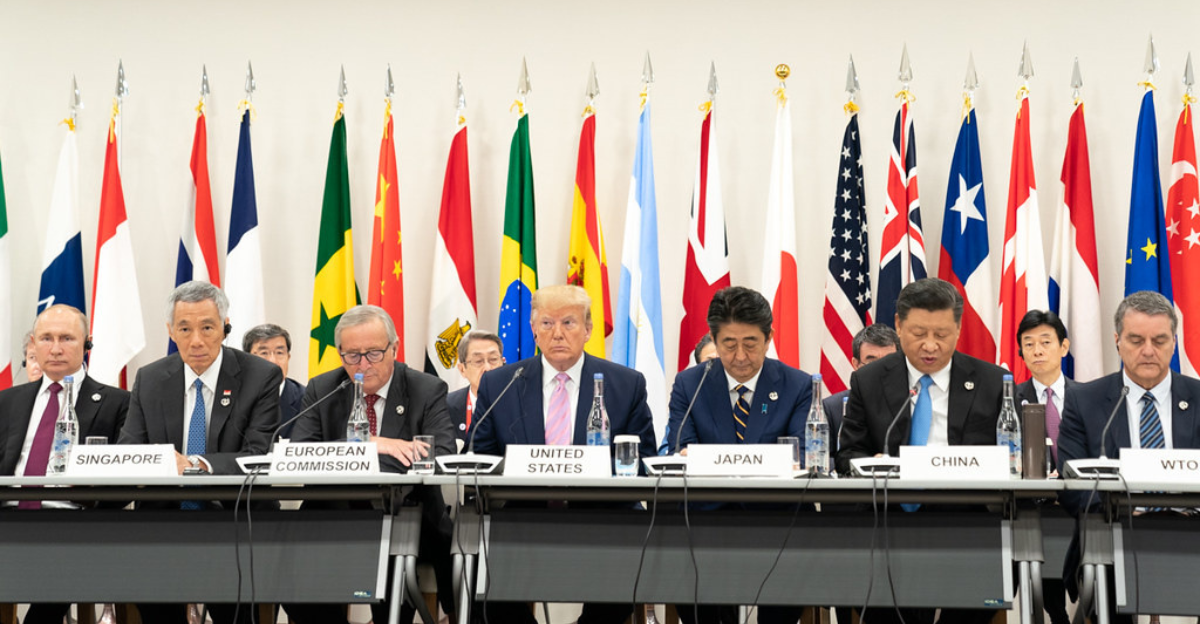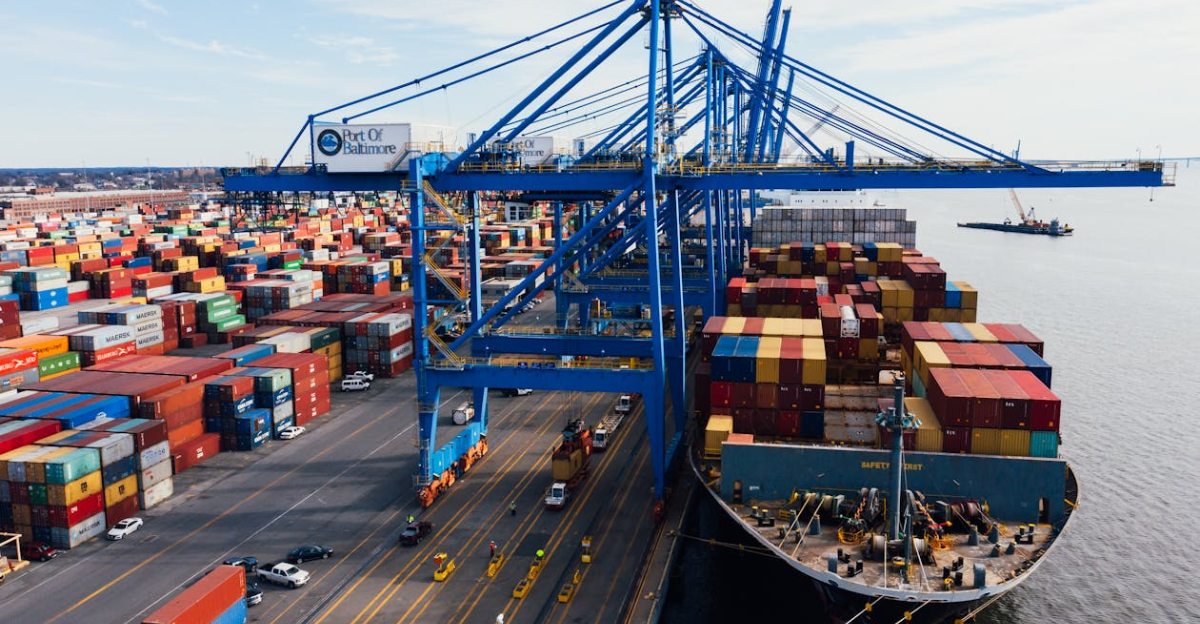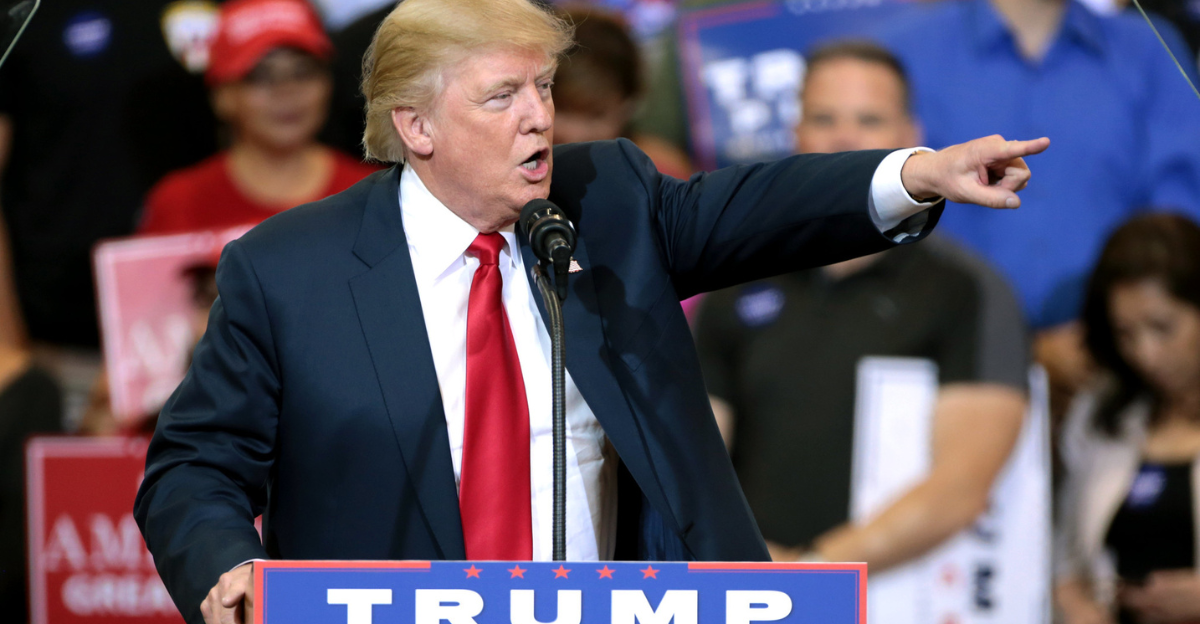
Consumers have been preparing for Donald Trump’s tariffs to take effect, which were expected to raise prices and create market chaos. There has been a temporary pause as the United States looks to make agreements. Let’s examine how this truce could affect online shopping.
1. There is Still Plenty of Uncertainty

United States President Donald Trump pulled back on his proposed tariffs nearly as fast as he issued them. He did this both as a negotiation tactic and in response to the stock market, as traders expressed misgivings about Trump’s tactics.
2. Trade Deals Were Dependent on New Agreements

When Trump announced a pause on his tariffs, he stated that this would enable countries to negotiate with the U.S. for more favorable terms. The White House informed reporters that the administration planned to negotiate 90 new trade deals within 90 days.
3. There is Still Time to Buy Things That Could Be Affected

When the tariffs were initially announced, many people looked to buy electronics that were made in China to get ahead of a high tariff increase. People can still buy these items online through many retailers, who often offer no-interest financing.
4. Companies May Not Wait For the Tariffs To Take Effect

While the tariffs have been placed on pause, there are still plans to enact them at some point. Companies that rely on overseas materials could very well look to increase prices so that they are not caught flat-footed if they do happen.
5. Trump’s Message Has Been Consistently Changing

Donald Trump hasn’t been able to deliver a clear message on what will happen with their tariffs. He is clearly affected by how unpopular they are, though he still uses them to threaten countries that aren’t falling in line. This has led to skepticism amongst consumers about what will actually happen.
6. Many Retailers Have Been Promoting Themselves As Made in America

Thanks to concerns about the looming tariffs, companies that make their products in America are advertising themselves as such online. There are more eyes than usual on American-made companies, and they are taking advantage of that fact.
7. Companies Are Also Advertising Themselves as Tariff Free

Just because a company manufactures their wares in America doesn’t mean that some components don’t come from overseas. Consumers will be more interested in companies that are tariff-free, and those businesses should ensure that this information is prominently displayed in Google searches.
8. Pharmacy Closures Could Lead More People to Online Healthcare

In addition to worrying about tariffs, Americans are also concerned about the rapid closure of hundreds of pharmacies across the country, particularly in low-income and rural areas. These individuals will need to be served by online pharmacies that are rapidly emerging.
9. Some High-Profile Companies Are Walking Back Price Increases.

Chinese company Temu has become a significant force in the American marketplace, thanks to its drastically low prices. Trump’s tariffs would hit the company particularly hard, and they raised prices in response. They have since rolled back most of those price increases.
10. Others Have Pressed Ahead With Their Increases

Despite the news that the tariffs have been paused, some companies have chosen to move forward with price increases. Nikon cameras are expected to see an increase in sales. Procter & Gamble said that customers could see price increases by this month, July 2025.
11. The Supply Chain Has Already Been Interrupted

The global supply chain will always impact the economy and have a significant impact on online pricing. While the tariffs haven’t officially been implemented, the mere threat of them has already affected the supply chain, and this could be reflected in pricing soon.
12. Several Issues Could Lead to Fewer Choices

The global supply chain issues don’t only make some products more expensive; they can also cause there to be far fewer products for sale. The tariff scare has already driven some retailers out of the marketplace, and this trend is likely to continue over the coming months.
13. Get That Hot Toy For Your Kid Now

As Donald Trump negotiates tariffs, some products may be spared a price increase, but the toy industry appears likely to be heavily impacted. Most toys are made in Asia and Trump has been laser-focused on slapping some kind of tariff on the area.
14. Should You Be Shopping for the Holidays?

When the tariffs were initially announced, some people rushed online to complete their holiday shopping ahead of potential price increases. While the tariffs are on pause, they could be reinstated soon, and it might be wise to purchase some December gifts.
15. What About Buying Things in Bulk

People have long been making purchases from stores like Sam’s Club and Costco, which offer items in quantities larger than what’s available in a regular supermarket. Large packs of groceries can also be found online, although shoppers must be cautious about shipping costs.
16. Scams Are Running Rampant

With any newsworthy situation like the tariff issue, people will look to take advantage by scamming shoppers. As people buy more products online than usual, they should be aware and take care to protect their personal information.
17. One Scam Involves Tariffs On Packages

There is a lot about tariffs that people don’t understand, and scammers take advantage of that. In one scam, people are posing as delivery companies and telling people they have a package for them, but they first must pay the tariff.
18. Another Scam Tricks People Into Thinking Money is Coming Their Way

Most Americans received money as a form of relief during the COVID-19 pandemic, and now scammers are using this fact to trick people. Scammers offering tariff relief and tariff vouchers are rampant online, and shoppers need to be aware of them.
19. Conclusion

For now, tariffs have only been threatened and have yet to be enacted. Still, the possibility of them is already affecting the way that people shop online. With so many changes, as well as scammers eager to take advantage of people, Americans have to make sure they are doing their homework.